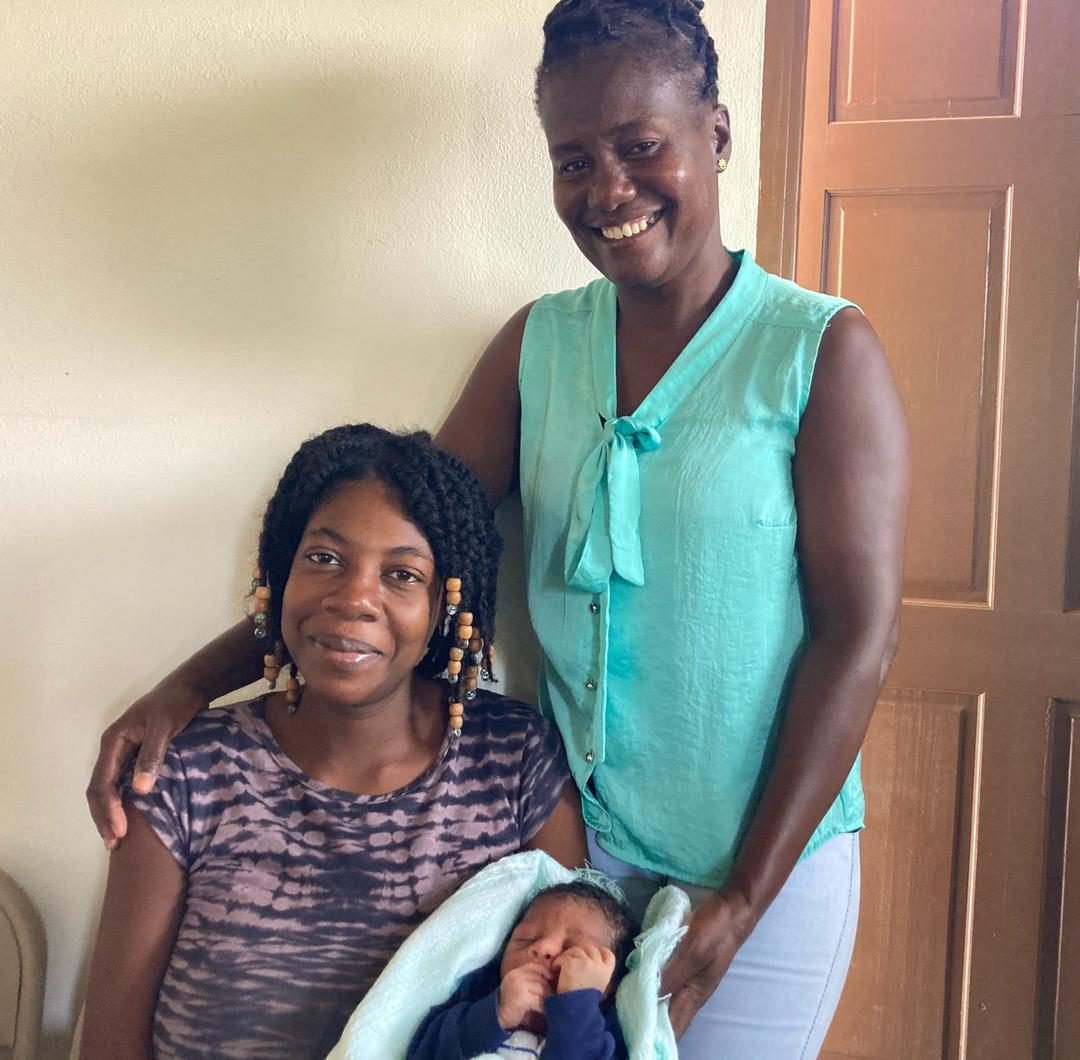

Thinking Big With Haitian Midwives
“Midwifery is work done out of love and care that champions people’s rights, human rights, choice, unity, respect.” —Martine Jean-Baptiste, founder of Foundation for Advancement of Haitian Midwives.
In this post-Roe moment when reproductive rights are under attack, her words resonated profoundly as it occurred to me that the midwives are also offering a feminist approach to maternal health.

Trauma Lost in Translation: Teaching Gisèle Pineau’s L’espérance-macadam / Macadam Dreams
Callaloo, 2014
Gisèle Pineau's novel L'espérance-macadam / Macadam Dreams is a work of trauma fic- tion that chases and charts the gaping chasm between experience and event in the wake of repressed sexual violence. This relationship between experience and event lies at the core of the conceptualization of trauma and reflects the intersection of knowing and not knowing mentioned in the epigraph of this essay. Contemporary trauma theory has routinely identified its representation as a fraught act of translation unto itself.1 Caribbean literature has long been preoccupied with representing traumatic events whether in the violence of the Atlantic slave trade, slavery and colonialism, or patterns of political and familial violence. When we consider the inexpressibility and incommunicability of pain often explored in these contexts, to express the psychic trauma that results from physical violation complicates the process of narrative creation. At the same time, as Toni Morrison has eloquently argued, speaking the unspoken adds depth and power to these literatures of trauma. As Laura DiPrete explains, "the literature of trauma, bearing witness to the voice, the remembered and the forgotten, the known and the unknown . . . is frequently a double telling"

